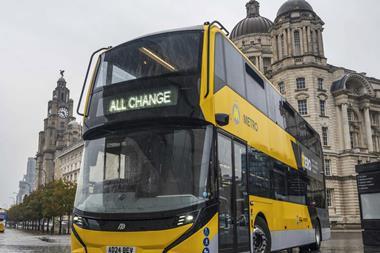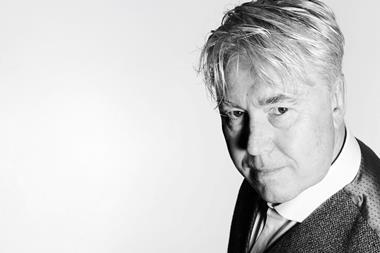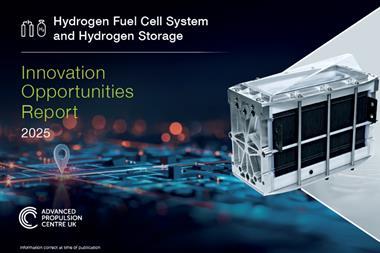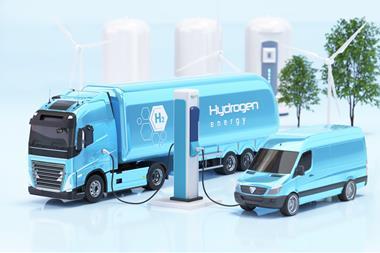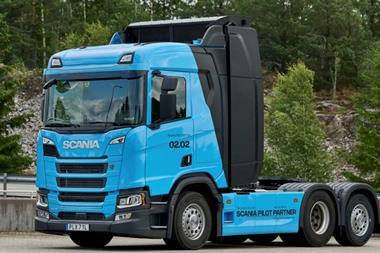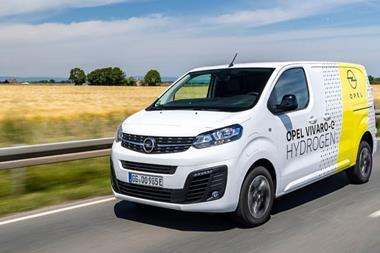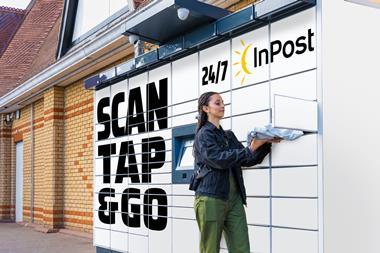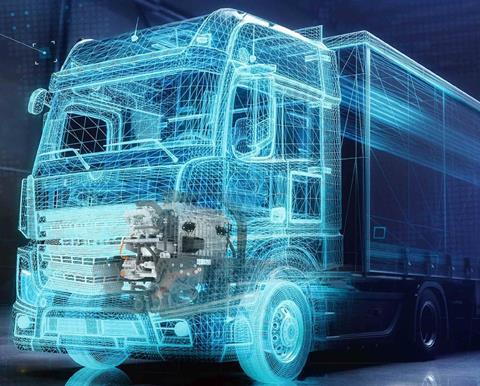
Toyota has announced the development of a third-generation fuel cell (FC) system for the commercial sector.
The system is designed to offer the same durability as conventional diesel-powered engines. It is also said to deliver significant improvements in performance, including fuel efficiency and a reduction in production costs compared to the second-generation system.
Its use will be extended from passenger vehicles to include heavy-duty commercial vehicles. Market introduction, principally in Japan, Europe, North America and China, will be post-2026 at the earliest.
Toyota views hydrogen as an important fuel in the pursuit of carbon neutrality. It is collaborating with partners across different industry sectors and has been promoting initiatives in the areas of create, transport, store and use hydrogen in relation to its R&D activities. It says continuous evolution of FC technology is necessary to further accelerate its adoption to help achieve a hydrogen society.
Toyota says the third-generation FC system has been developed with the benefit of customer feedback and insights from proofs of concept and demonstration testing over several years.
It is suitable for installation in a variety of products, including commercial vehicles, passenger cars and general purpose applications such as stationary generators, trains and ships.
In passenger vehicles, the improved fuel efficiency provides an increase in cruising range, while for commercial vehicles the benefits include durability comparable to diesel engines and high power. The system’s more compact design means it can be more easily integrated into different commercial vehicles.
• Toyota launched Mirai, its first production fuel cell electric vehicle (FCEV) in 2014, since when it has sold approximately 28,000 units across more than 30 markets around the world. In 2019, the company began supplying FC systems for other applications, such as buses, trains and stationary power generators; more than 2,700 units have been delivered to more than 100 customers globally.





















